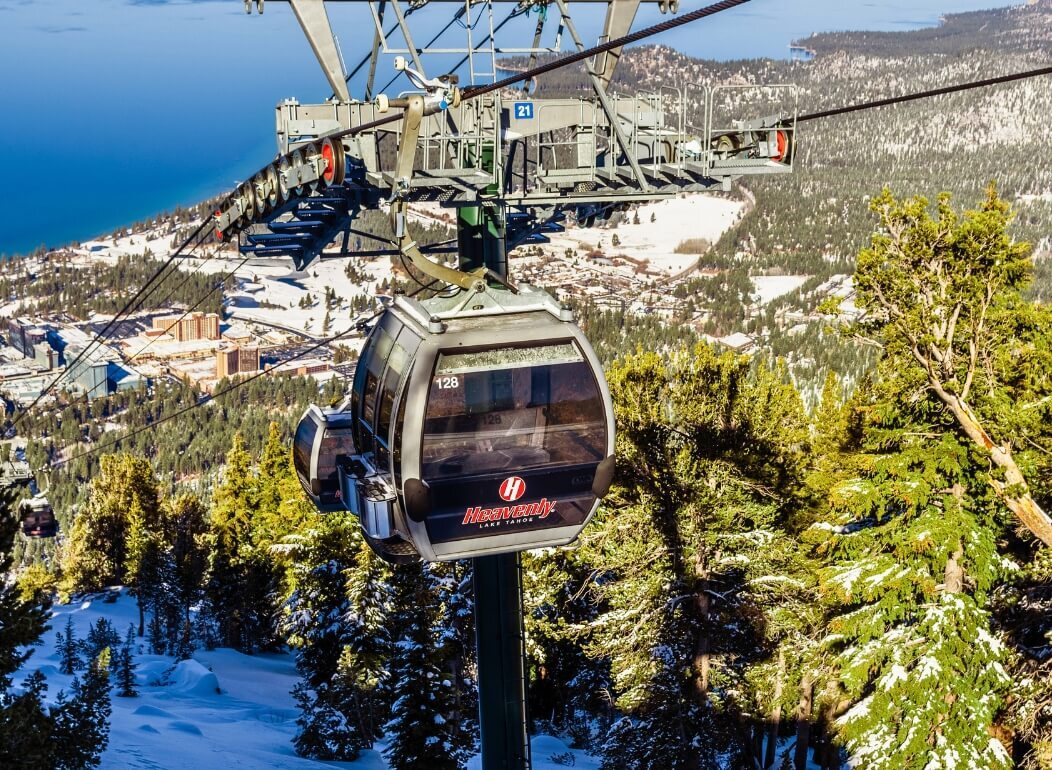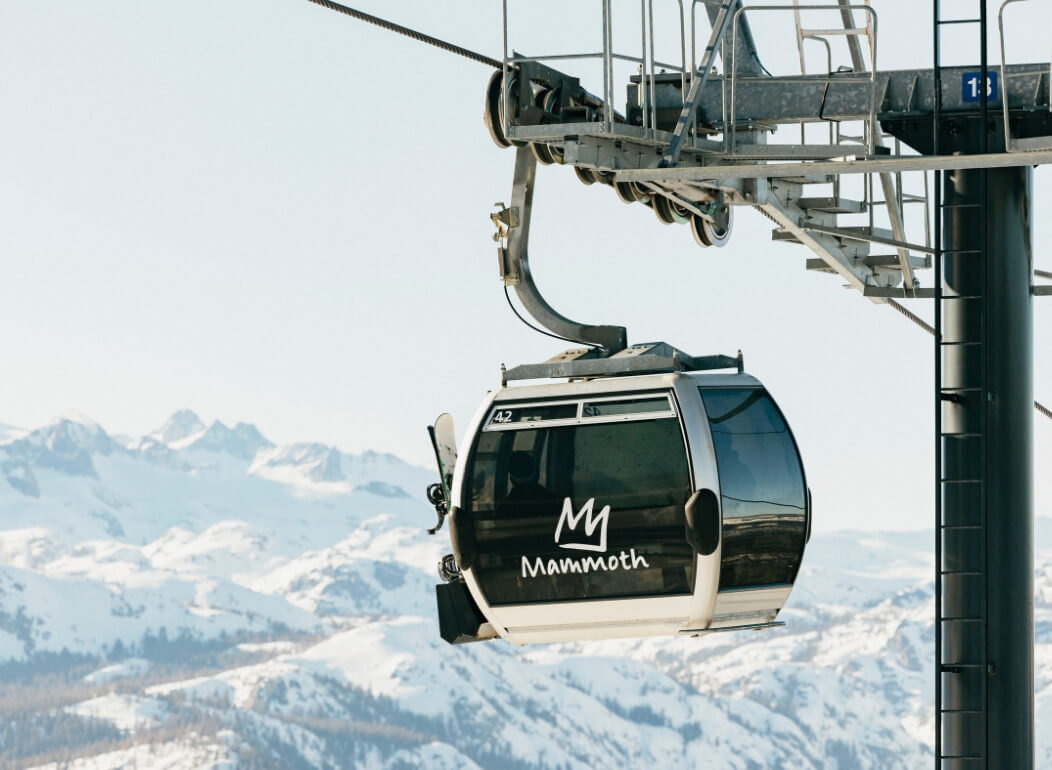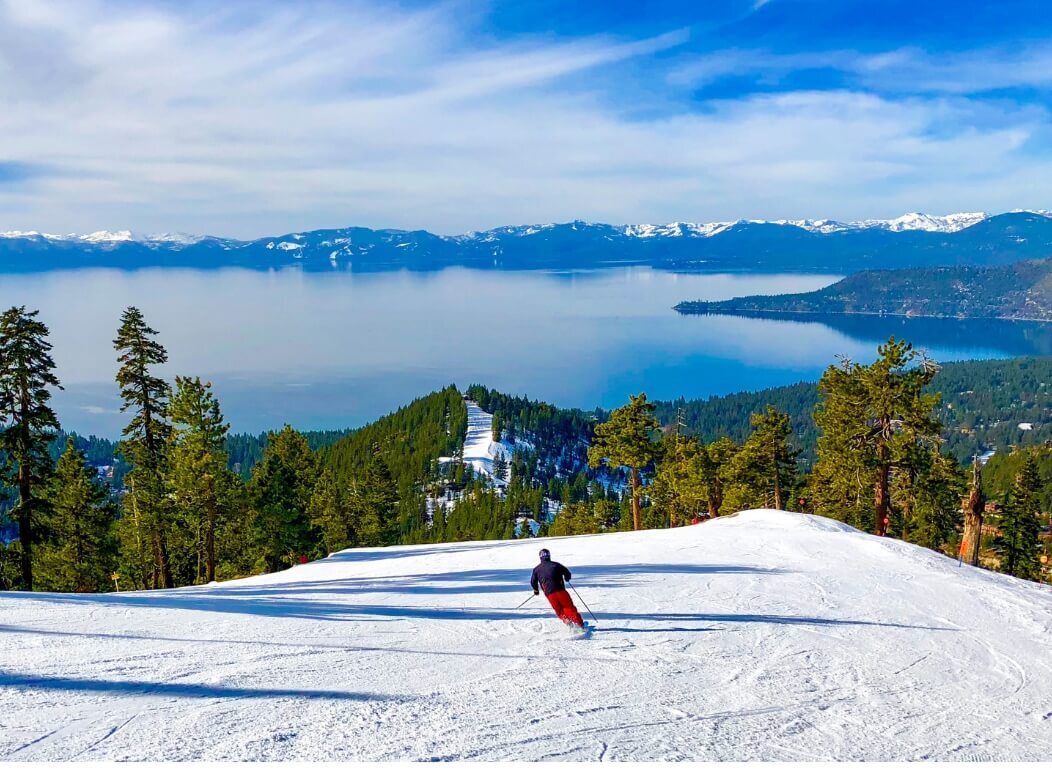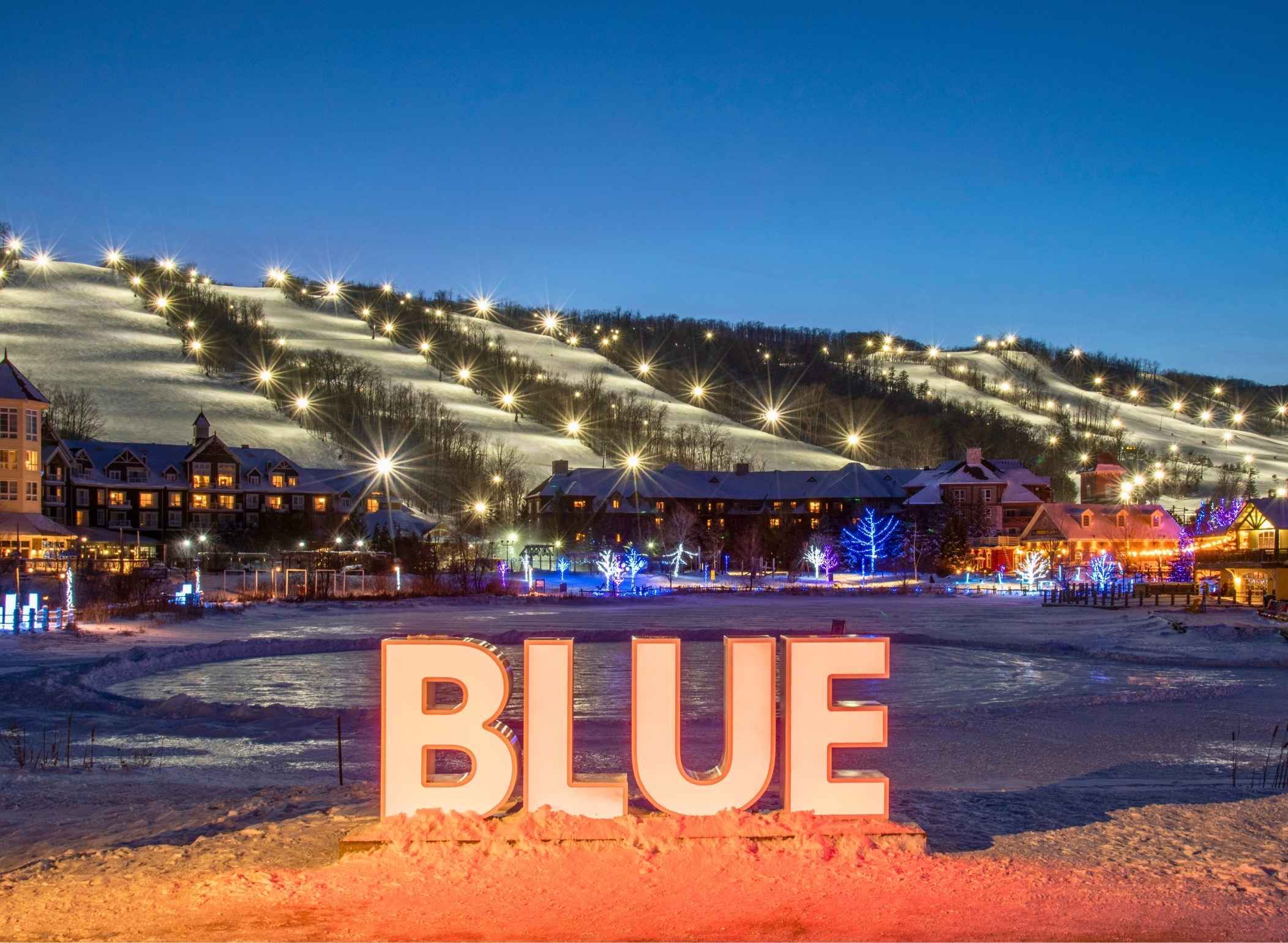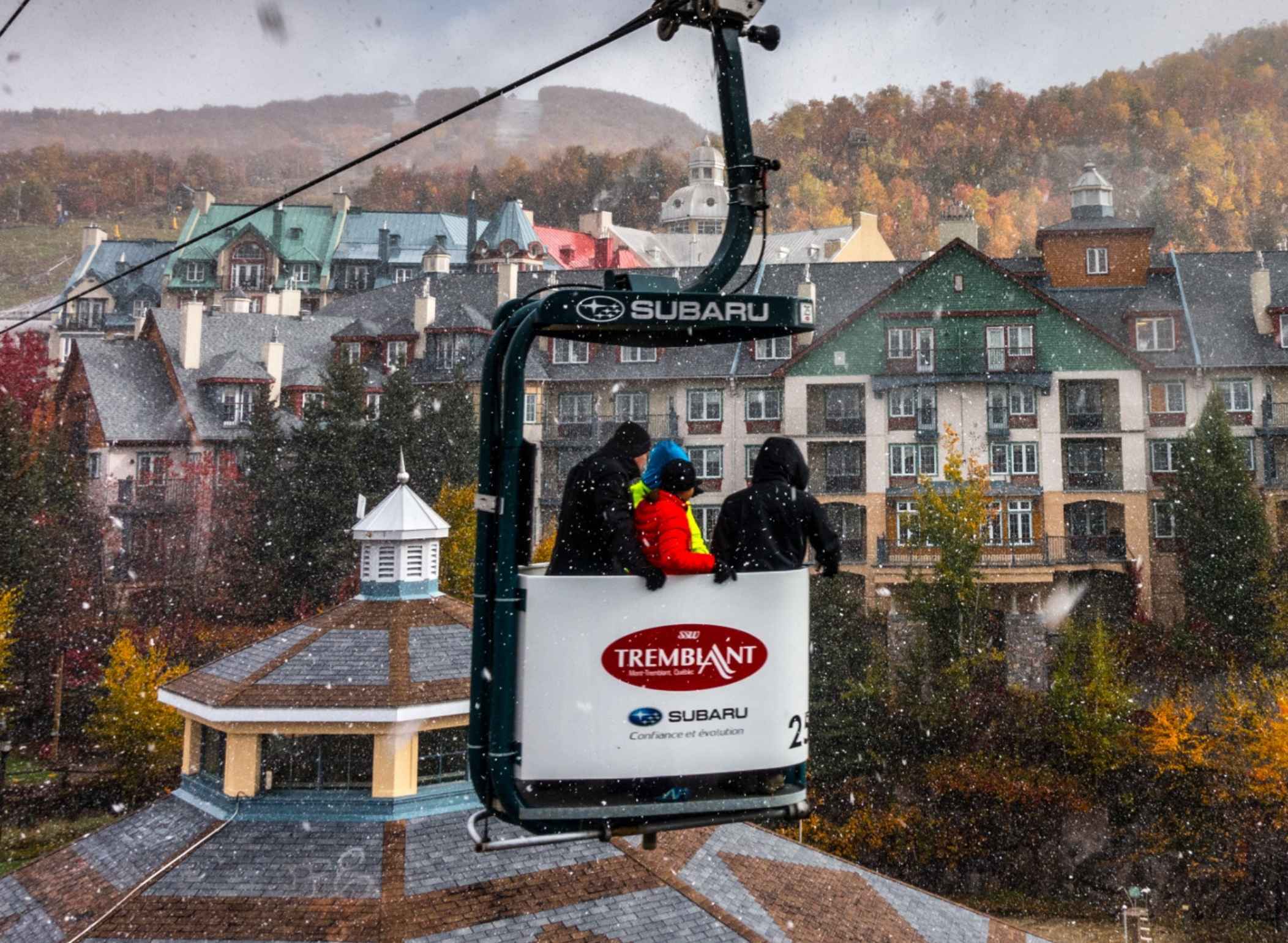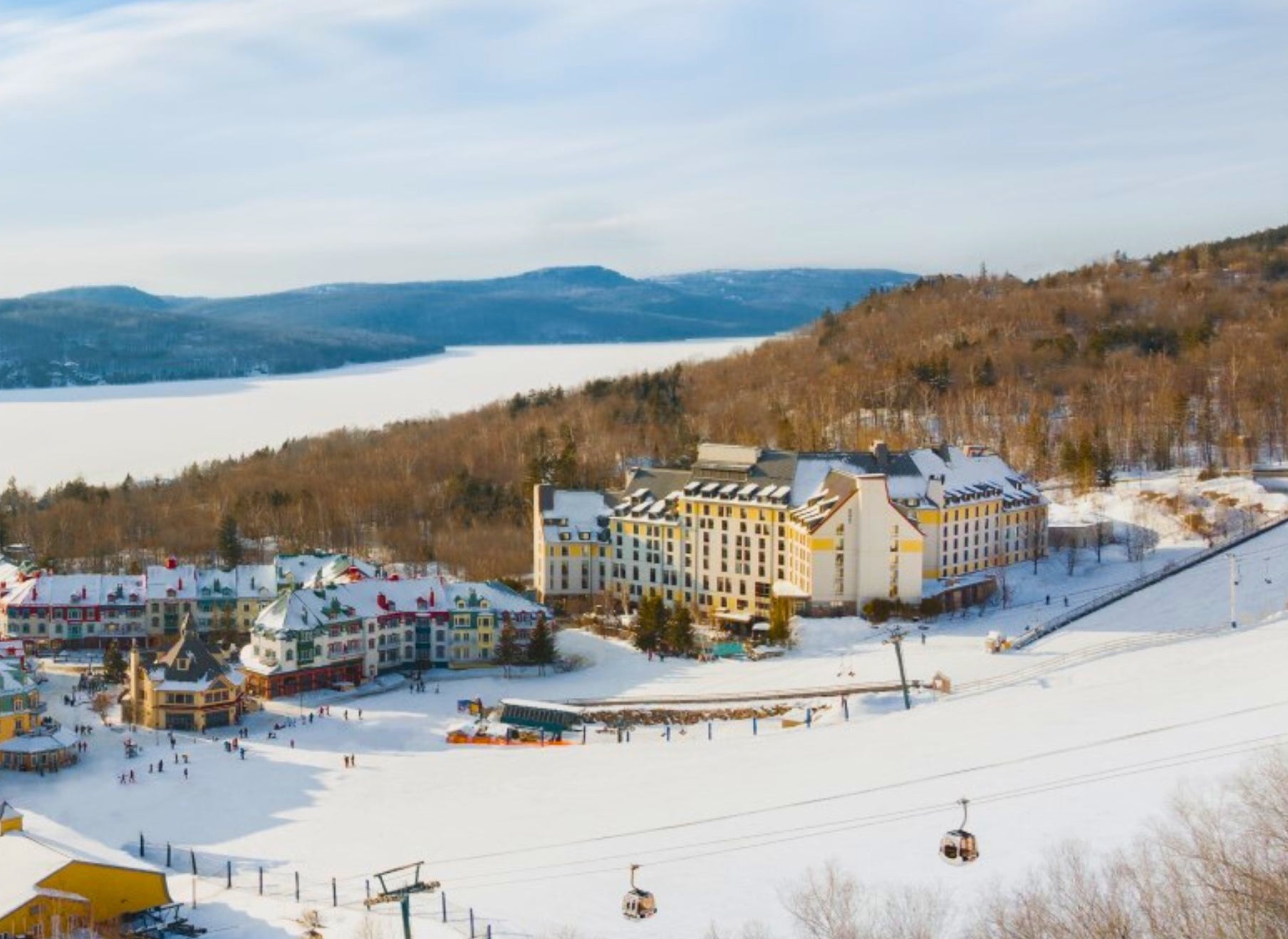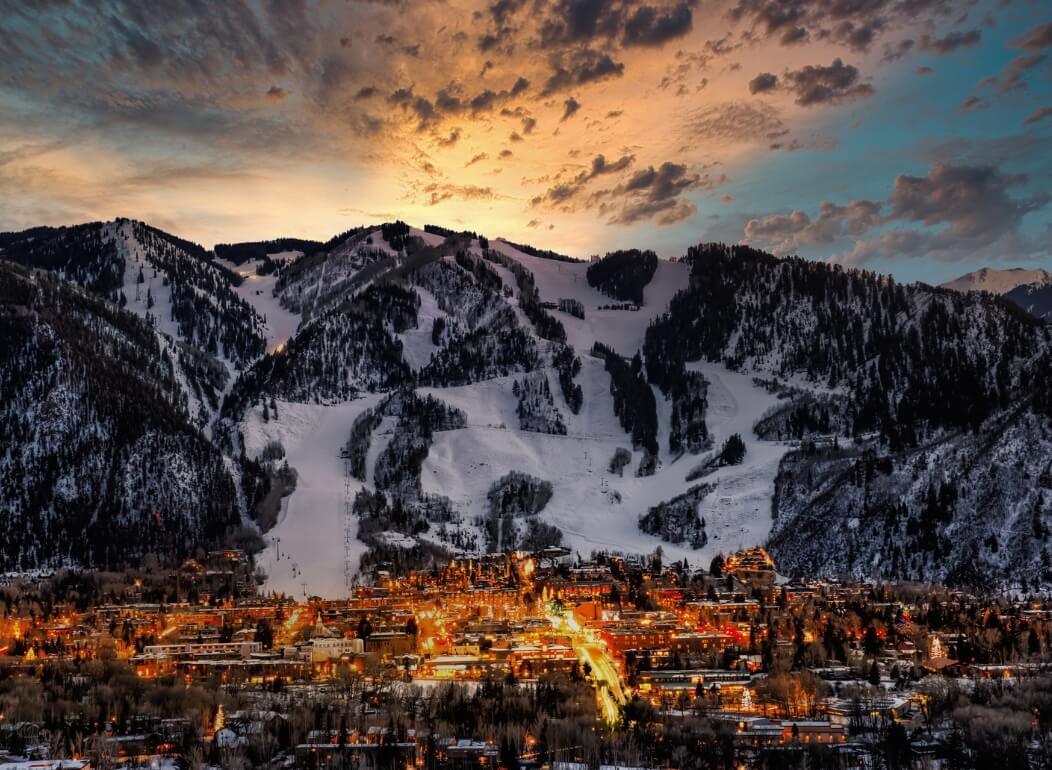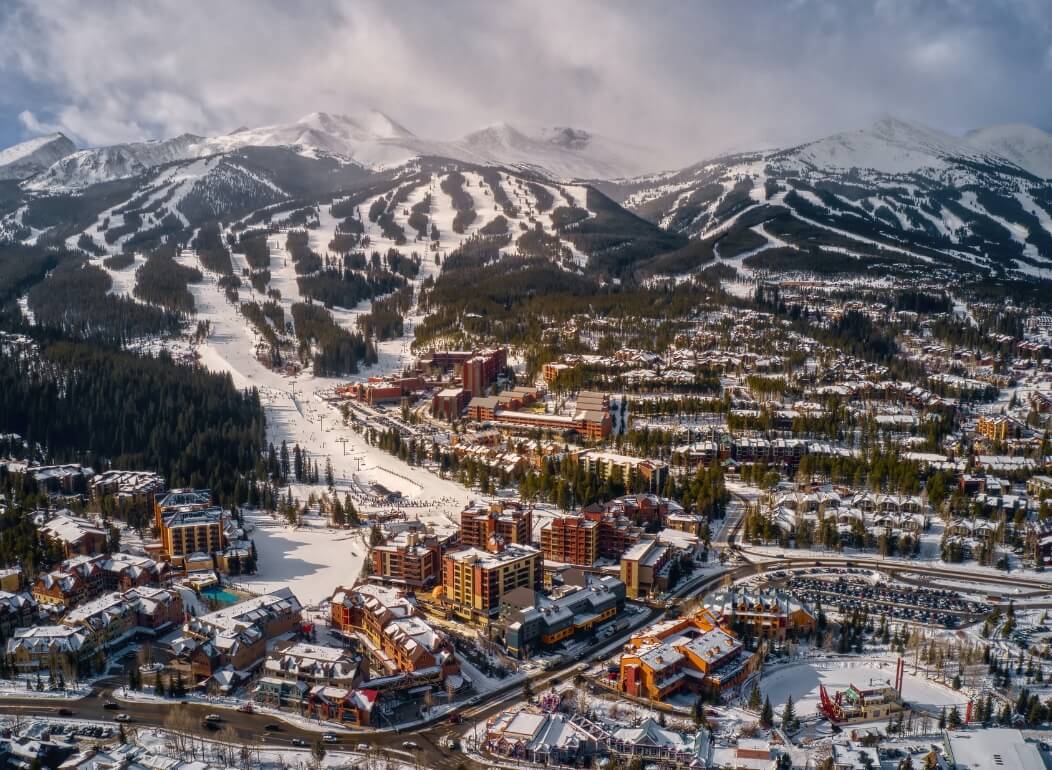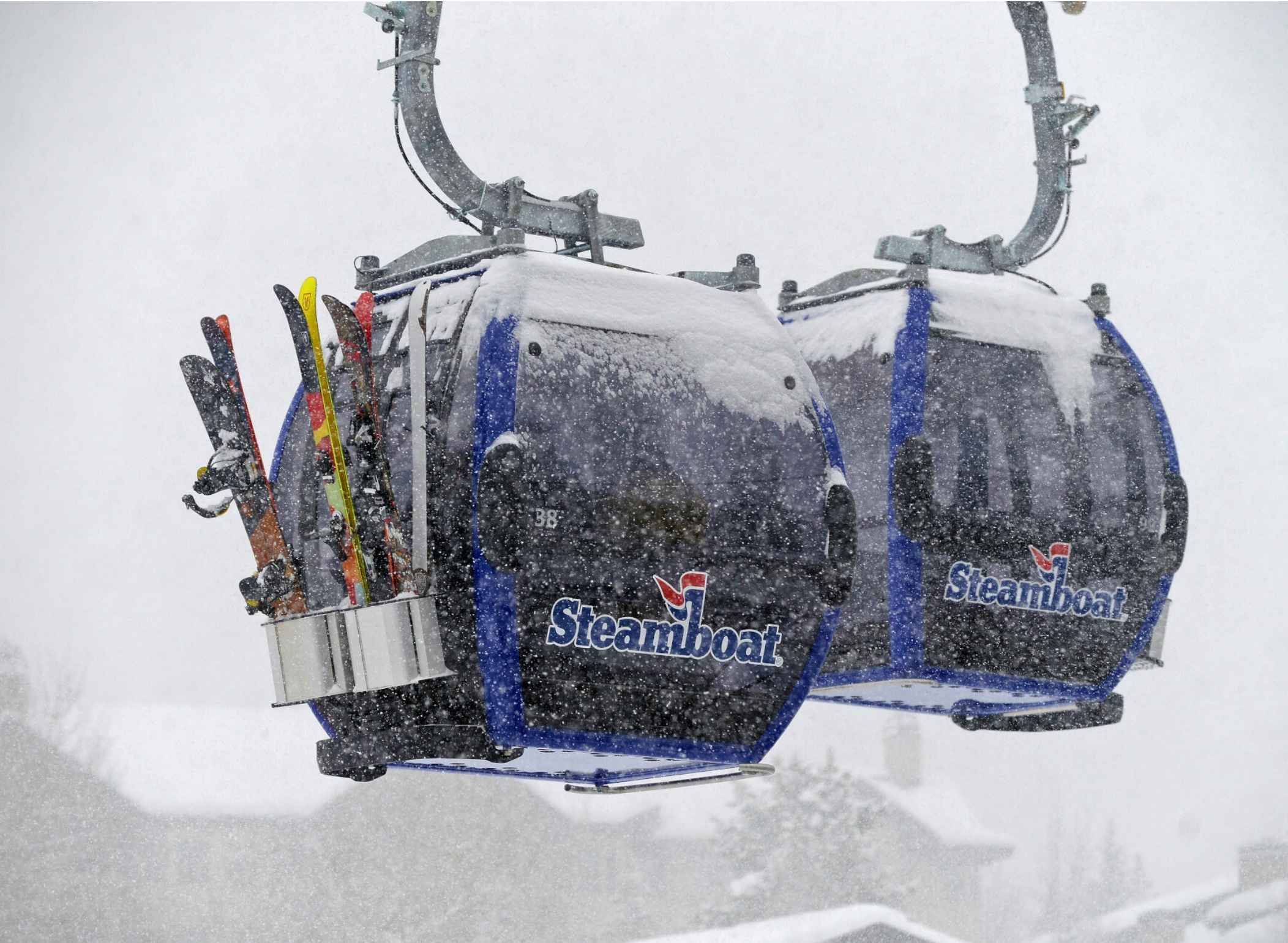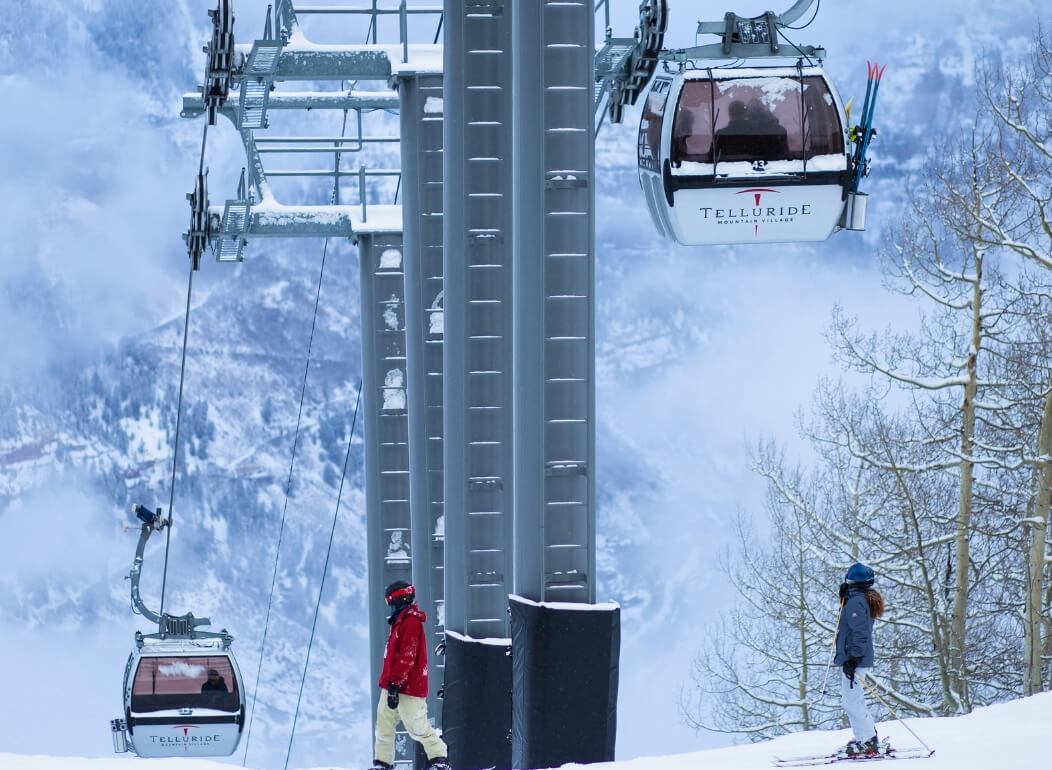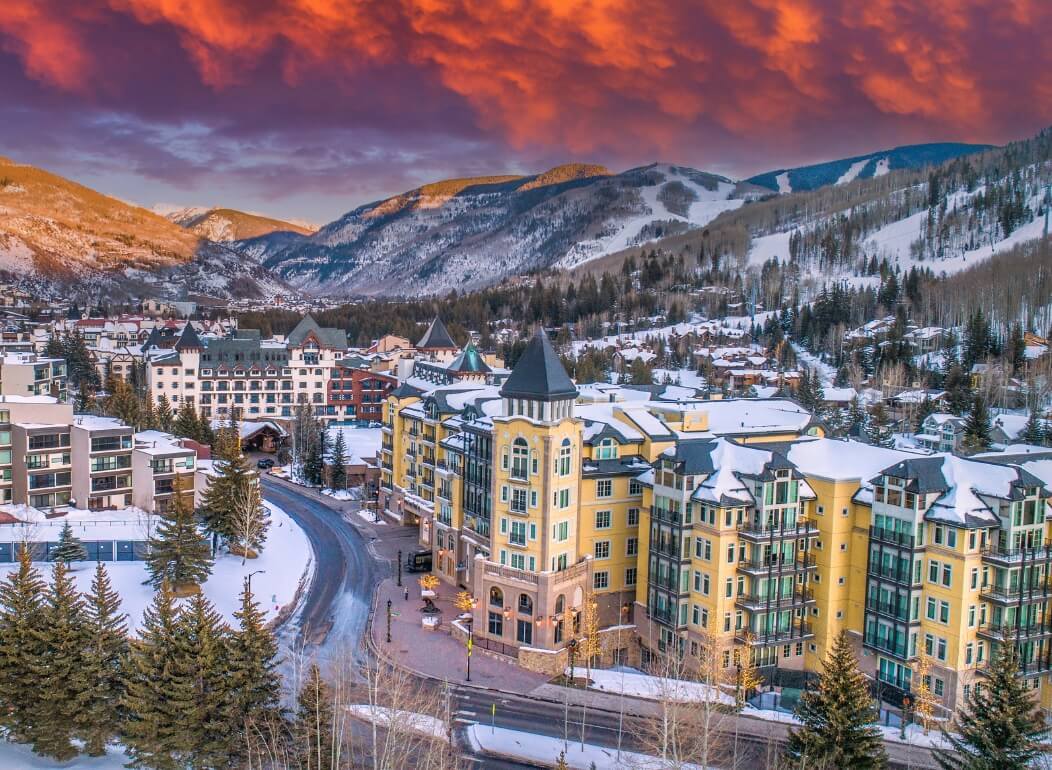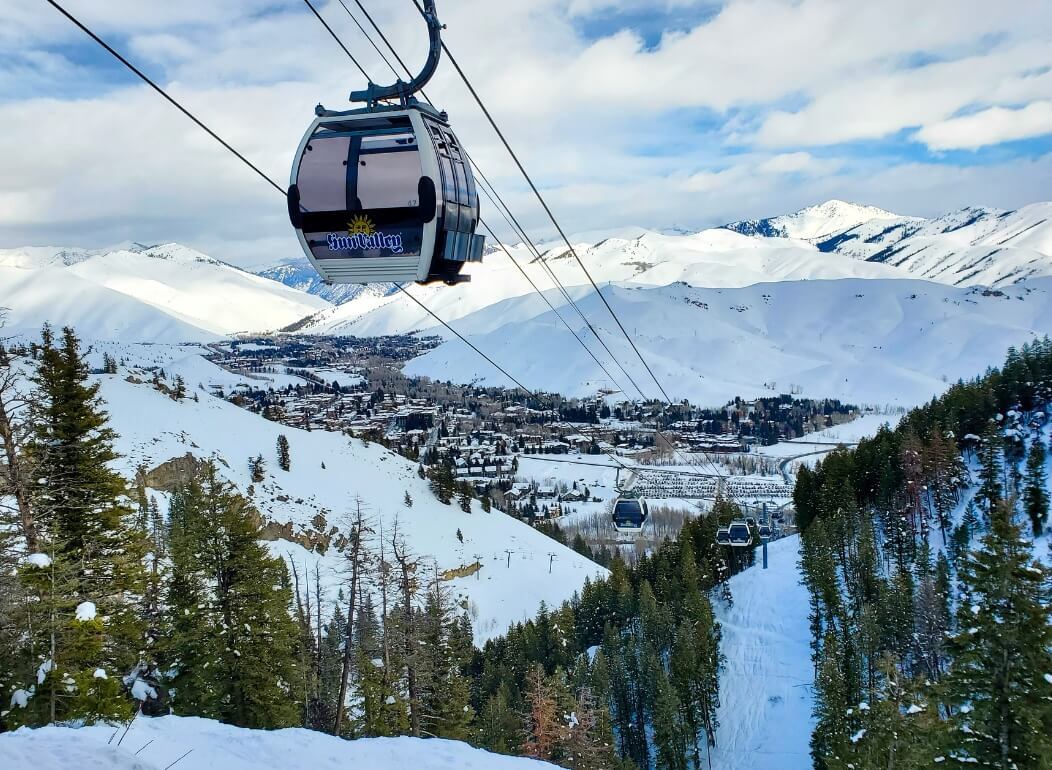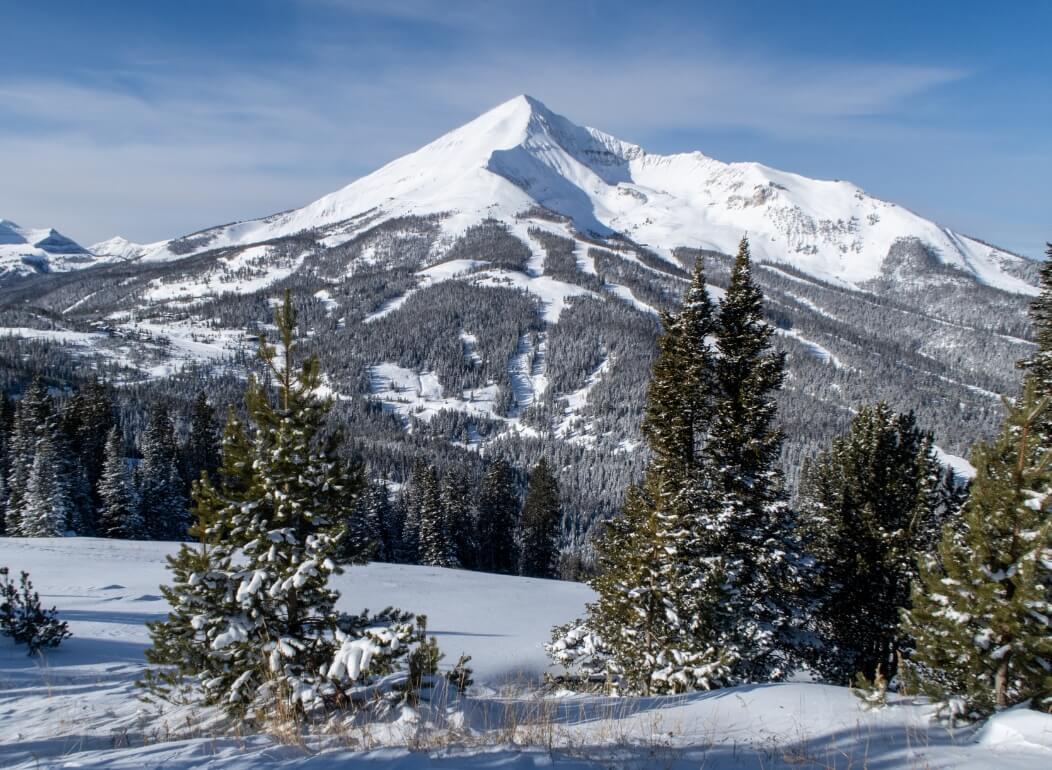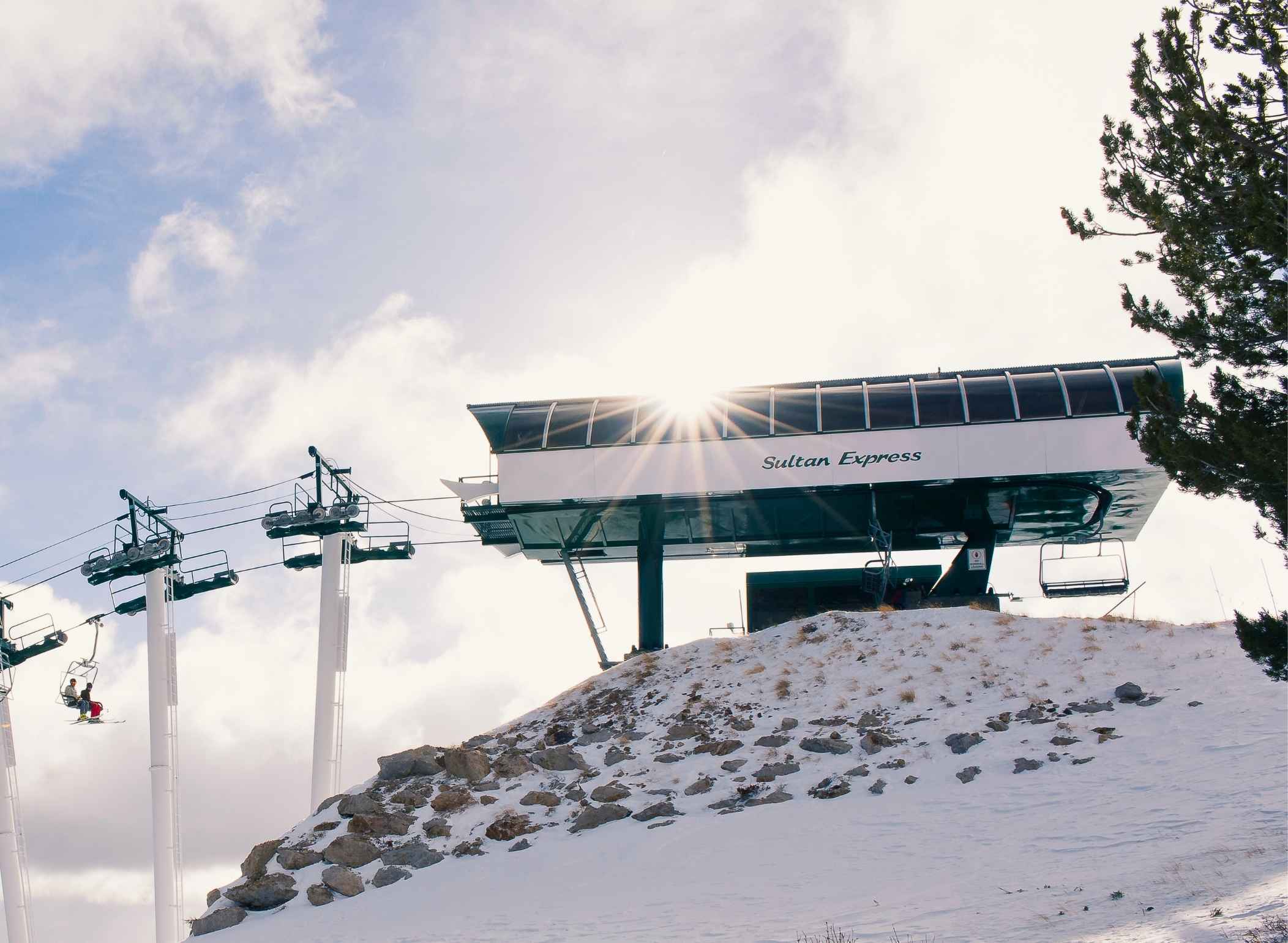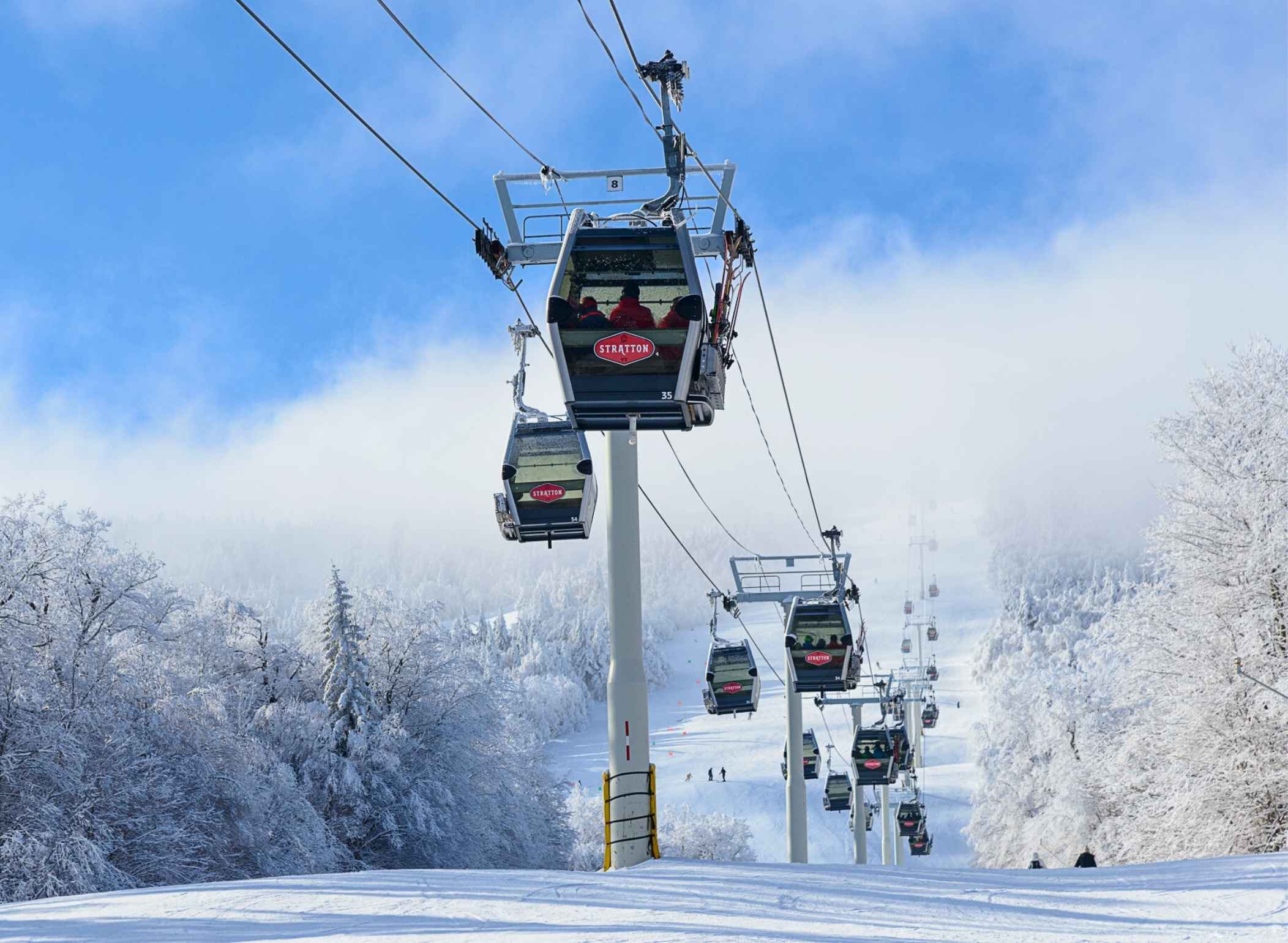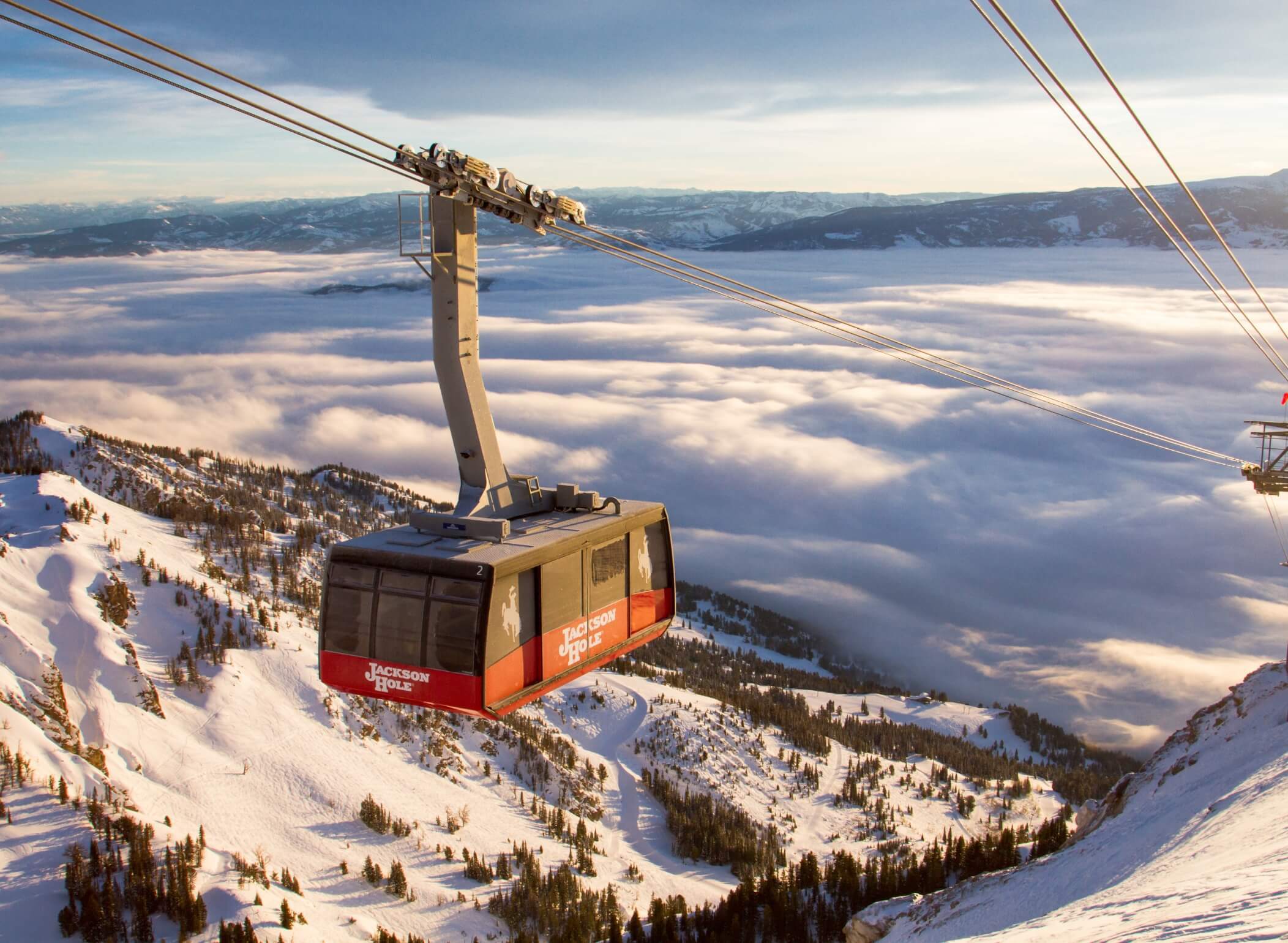A Note From Our CEO: Bryn Carey on MT2030
 Park City, Utah
Park City, Utah
In my mind, the idea became, how do we get the town of Park City to get to 100% clean energy before 2050? Once we have done this, how do we get the state of Utah to do it? What about the entire nation? The world? Right then and there, the challenge began and the timing could not have been better.
As we entered 2015, the Paris Climate Agreement was all over the news. This not only got national attention, but it also got local attention. With interest from the the town of Park City, especially from Mayor Andy Beerman, the town created a goal to go not only 100% clean energy but also go net-zero. However, the goal was set for 2040 for the town and 2050 for the community. This was not going to work. With a local grassroots effort, we got over 50 local citizens to attend city council meetings. When the plan for 2040 was presented, all 50 people got up and discussed how we had to be leaders, and that 2030 should be the goal. With that, the town of Park City created a goal to go net-zero by 2030.
We all know that the town of Park City going net-zero in itself would not change the world. But it was a starting point. Since then, Los Angeles, Washington D.C.. and other large cities have looked to replace their aging bus systems, not with gas, not with natural gas but with 100% electric busses just as Park City had done. In the state of Utah, the H.B. 411 Community Renewable Energy Act passed last February to help communities opt-out of their current electric contracts and move to clean energy sources. 
With Park City leading the way, Mountain Towns 2030 (MT2030) was formed.
MT2030 is a coalition of mountain towns that have committed to ambitious carbon reduction goals by 2030. The inaugural Net-Zero Summit is the kick-off event for MT2030 and is being held October 2 – 4, 2019 in Park City, Utah. It is a 3‑day conference for invited city and local governments to learn from inspirational speakers and panelists, share best practices in focused workshops, and create commitments to aggressive goals that will amplify our collective voice to compel our national and global leaders to commit to “zero.”
Keynote speakers include renowned conservationist and United Nations Messenger of Peace Jane Goodall, and environmentalist Paul Hawken from Project Drawdown. The speaker lineup also includes Utah State University Professor Robert Davies, Rocky Mountain Power CEO Gary Hoogeveen, Park City Mayor Andy Beerman, clean energy impact investors, leaders from non-profit organizations and many more.
Following the summit, Mountain Towns 2030 will take the commitments made at this summit and put them into action by connecting the communities, sharing best practices, and using the collective voice of a coalition of mountain towns to encourage other municipalities across the globe to take action. MT2030 will have over 30 mountain towns attending.
The sense of urgency around 2030 continues to escalate. The world’s climate scientists agree — to control global warming at 1.5 degrees, the earth needs drastic reductions in carbon emissions by 2030. Communities need to identify and act on effective solutions immediately.



